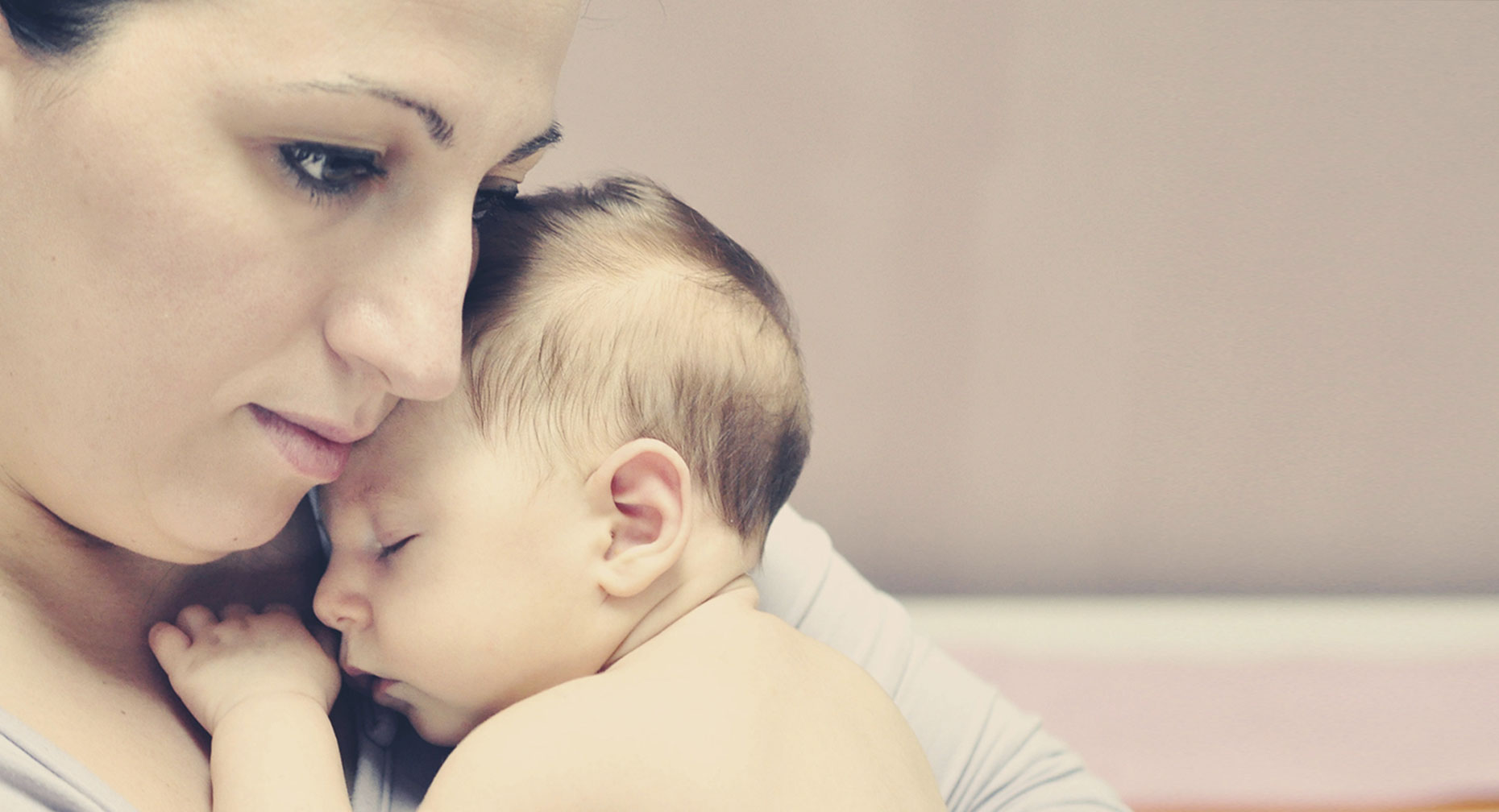Hoping – But Waiting – for Baby #2

Answer a few questions and we'll provide you with a list of primary care providers that best fit your needs.
A special sadness – and frustration – can occur when a couple who conceived naturally and given birth finds that Baby #2 is just not happening.
“Secondary infertility” is the inability to become pregnant, or to carry a pregnancy to term, following the birth of one or more children who were conceived without reproductive assistance.
You may feel a mashup of anger, jealousy, depression and being out of control. But women experiencing secondary infertility often receive less support from family and friends than those who have primary infertility. Many times, people expect you to be grateful for the child or children you have. Even your doctor may just encourage you to "keep on trying."
Causes of Secondary Infertility
Your age: As a woman ages, the egg quality decreases plus the chances of miscarriage increase.
Medical conditions: Sexually transmitted disease, endometriosis, problems during a prior delivery, a ruptured appendix, pelvic surgery including a C-section, and other medical conditions may contribute to infertility.
Male factor: Changes in sperm can occur with changes in health or certain new medications, including testosterone supplements.
Lifestyle: For women, excessive weight contributes to problems with ovulation; for men, it can negatively affect sperm production. Cigarette smoking can also impact egg quality.
When to seek help
Infertility – at any time during your reproductive years - is a medical problem.
If you’re experiencing secondary infertility, talk with your OB/GYN or a specialist. But how long should you wait?
- Seek help if you’ve been trying to conceive for at least one year and are under 35.
- If you’re over 30 and have a history of pelvic inflammatory disease, painful periods, miscarriage, irregular cycles, or if your partner has a low sperm count, don’t wait one year.
- If you’re over 35 and have been trying for 6 months with no result, consult a physician.
You may feel a mashup of anger, jealousy, depression and being out of control.
Coping
- Be a parent, first and foremost. Many children will sense something is wrong, so making your child a priority without disturbing your child’s world is important.
- Avoid guilt about not giving your youngster a sibling. Families come in all sizes.
- Watch out for being overly protective and attentive to your child.
- Consider a support group. The support of others going through the same thing can help.
- Find a resolution. For some, that means seeking reproductive help. Others consider adoption. Others embrace the established family just the way it is.
Answer a few questions and we'll provide you with a list of primary care providers that best fit your needs.
Source: RESOLVE, the National Infertility Association




